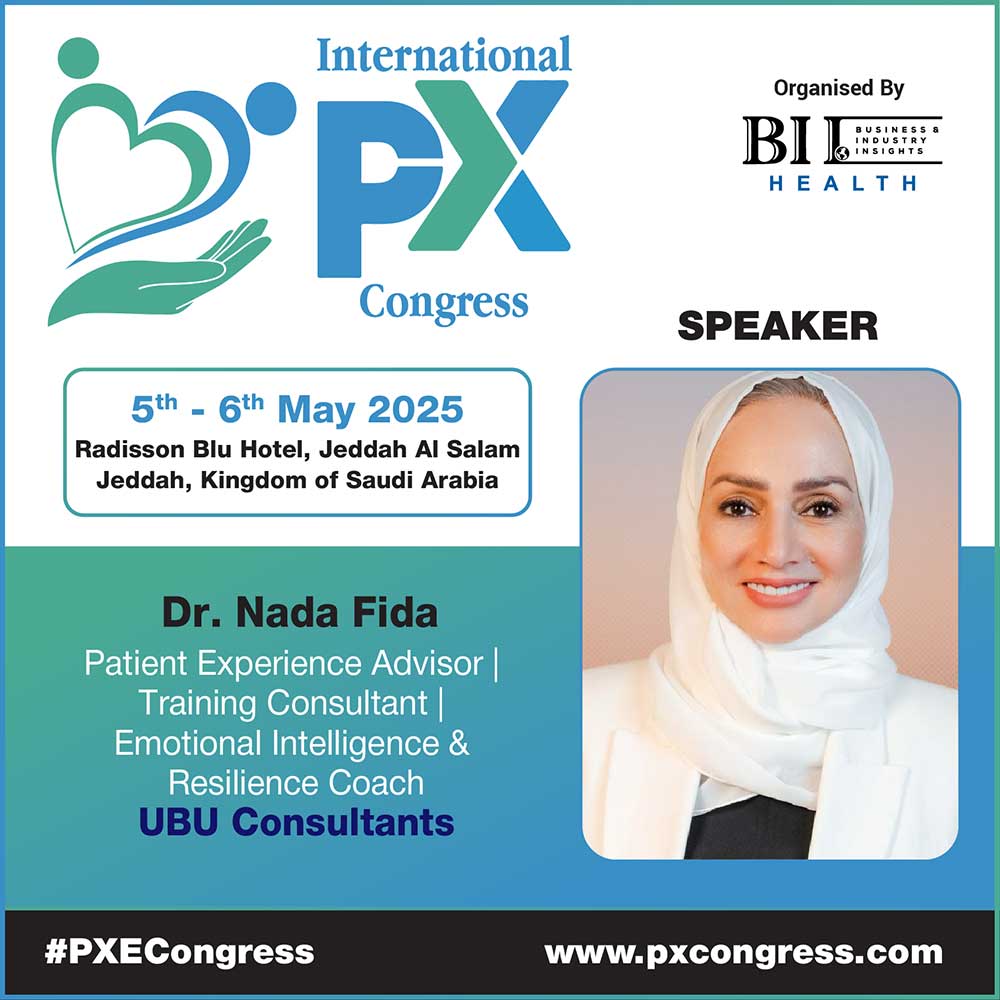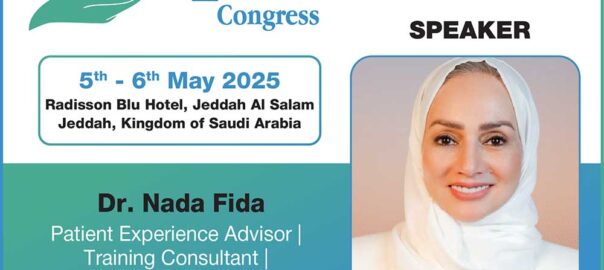Patient Experience Advisor | Training Consultant | Emotional Intelligence & Resilience Coach
UBU Consultants
1. In your opinion, how have consumer expectations in healthcare evolved in recent years, and what are the key factors driving this change?
Consumer expectations have shifted dramatically. Today’s patients are informed, empowered, and expect a level of service that mirrors what they experience in other industries—like retail or hospitality. Key drivers include digital access to health information, increased awareness of rights and standards, and the influence of global brands that prioritize convenience, transparency, and empathy. Patients now expect personalized, respectful, and seamless experiences—where communication is clear, wait times are minimized, and their voices are heard.
2. The theme of this year’s congress emphasizes “exceptional care.” How do you define exceptional patient experience, and what strategies can healthcare organizations adopt to achieve it?
Exceptional patient experience is care that is not only clinically effective but also emotionally resonant. It’s about making patients feel valued, safe, and respected throughout their journey. To achieve this, organizations must embed empathy into their culture, empower staff through training, actively listen to patient feedback, and ensure leadership commitment. It’s a strategic priority—not an afterthought.
Consistency, communication, and compassion are the foundation.
3. What role do emerging technologies (such as AI, telemedicine, and digital health platforms) play in shaping the future of patient experience?
Emerging technologies are reshaping the landscape. AI enables proactive care and personalization; telemedicine expands access and convenience; and digital platforms allow for real-time feedback and engagement. But tech should never replace the human touch—it should enhance it. The goal is to create a connected, compassionate, and efficient healthcare experience where the patient feels known, understood, and supported.
4. From your experience, what are the biggest challenges healthcare providers face in meeting and exceeding patient expectations, and how can these be addressed?
One of the biggest challenges is bridging the gap between operational pressures and the human side of care. Staff burnout, fragmented systems, and lack of communication training often get in the way. Addressing this requires leadership commitment, clear accountability, and a culture where empathy is modeled and rewarded. Providers must also invest in staff well-being—because engaged staff deliver better experiences.
5. Can you share a real-world example or best practice where a healthcare organization successfully transformed its patient experience?
At my previous work I was a px communication and training manager, we implemented a structured patient experience framework that prioritized listening to the voice of the patient. One key initiative was staff training in empathy and communication skills, paired with real-time patient feedback through digital tools. This approach significantly improved patient satisfaction scores and fostered a more responsive care culture. It wasn’t just a program—it became part of the organizational identity.
6. What key message or insight would you like attendees to take away from your session at the Patient Experience Congress?
Exceptional patient experience doesn’t happen by chance—it happens by choice. It’s a leadership mindset, a culture, and a daily practice. If we lead with empathy, empower our teams, and truly listen to our patients, we can transform not just the care we provide—but how people feel when they receive it.



